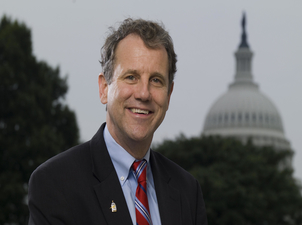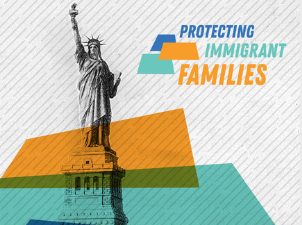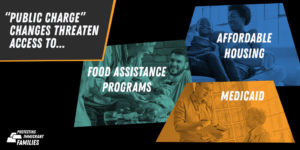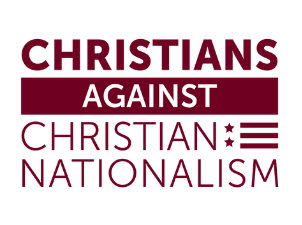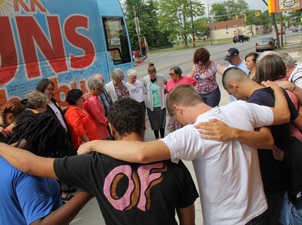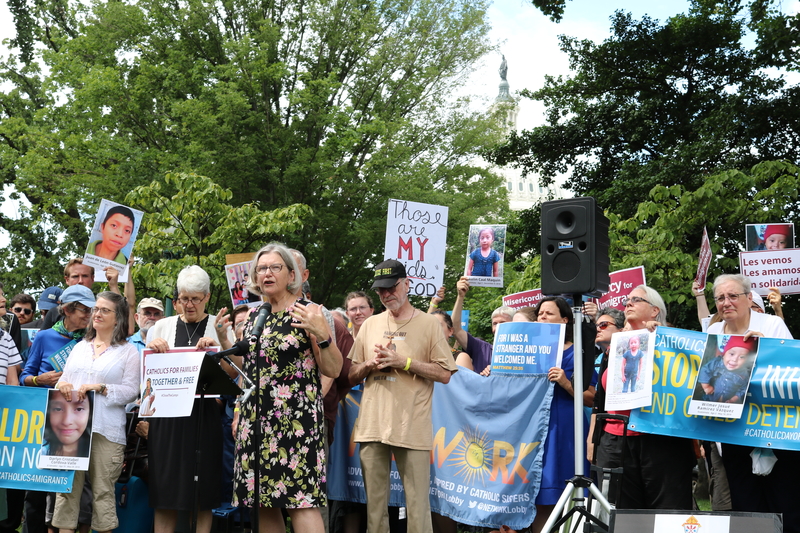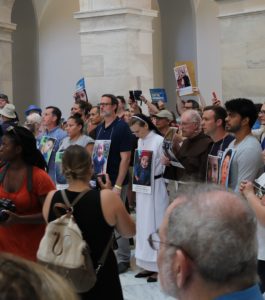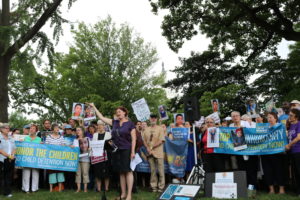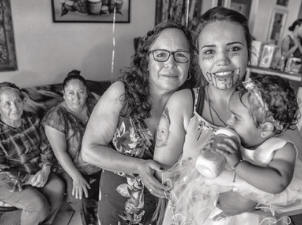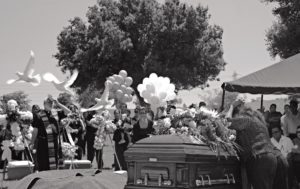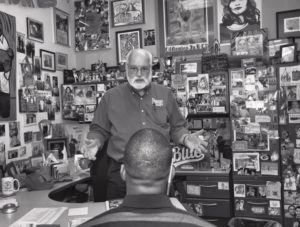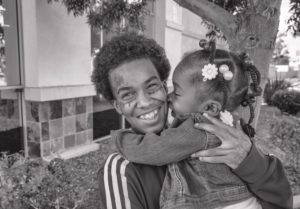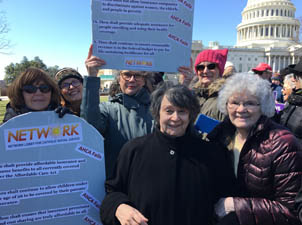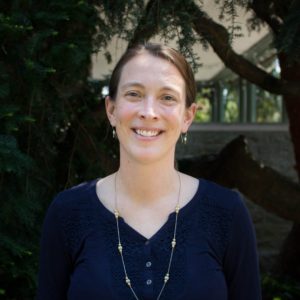
Putting More Money in the Pockets of Working Families
U.S. Senator Sherrod Brown
August 21, 2019
People in the United States are working harder than ever before to make ends meet. But the cost of everything – from childcare to prescription drugs to a college education – is up, while wages are largely flat.
That’s why I led my colleagues to introduce the Working Families Tax Relief Act. This plan will cut taxes for workers and families by expanding the Earned Income Tax Credit (EITC) and Child Tax Credit (CTC).
Research has shown that these credits are two of the most effective tools we have to put money in the pockets of working people, pull children out of poverty, and help families with the cost of living. EITC and Child Tax Credit are simple to administer, and they give families in the United States what they need most – extra dollars. We worked to expand the EITC and make it permanent in 2015, and the following year, it lifted nearly six million people out of poverty.
As Americans filed their taxes this spring, more and more people saw President Trump and Congressional Republicans’ tax scam for what it really is – a handout to millionaires and billionaires at the expense of working families. Many families didn’t get the large refunds they were expecting, and some even owed money. Our plan is targeted directly to working families, and would boost the incomes for more than 114 million Americans.
And while the president’s tax scam left out 26 million children, our bill would fix that by making the Child Tax Credit fully refundable for the first time, helping to lift three million children out of poverty. The plan would also create a new Young Child Tax Credit, to provide families of very young children extra help when they need it most. Families would receive an extra $1,000 for each child under age five, up to $3,000 per family, because research shows investing in children in these formative years can set children up for success later in life.
The Working Families Tax Relief Act would also make sure workers can no longer be taxed into poverty. Right now, five million young workers without children are taxed into or taxed deeper into poverty. These are young people working hard at jobs that don’t pay high wages – they’re too young to qualify for the EITC under current law, but they still get hit by state and local taxes, and those taxes can push them below the poverty line. Our plan raises the maximum credit for these workers, and expands the age range to cover all workers from age 19 to 67.
Our plan would also stop families from having to turn to predatory payday lenders in an emergency, by allowing people to draw a $500 advance on their EITC. Right now, 4 in 10 Americans say they couldn’t afford an emergency expense of $400 without borrowing money. And we know what so often happens to those families – they’re forced to turn to payday lenders or car title lenders, and become trapped in a cycle of debt. A one-time, interest-free advance on people’s EITC payment would give families a real alternative. The plan would also establish minimum competency standards for paid tax preparers, to give families better peace of mind that they won’t get ripped off during tax season.
Right now, Democrats are united around this plan, and we want Republicans to join us.
Many of my colleagues on both sides of the aisle have said over and over that they want to cut taxes for working Americans and support families. We have a plan to do it, and put more money in the pockets of millions of families.
_________________________________________
Senator Sherrod Brown is represents the state of Ohio and is a champion of middle-class families. Senator Brown supports workers and just trade policies and is proud of his work to help pass the historic health care law that made health insurance more affordable and accessible for American families. Informed by his faith as a member of the Evangelical Lutheran Church in America (ELCA), Senator Brown is committed to social and economic justice.
This story was originally published in the July 2019 issue of Connection magazine. Read the full issue.







